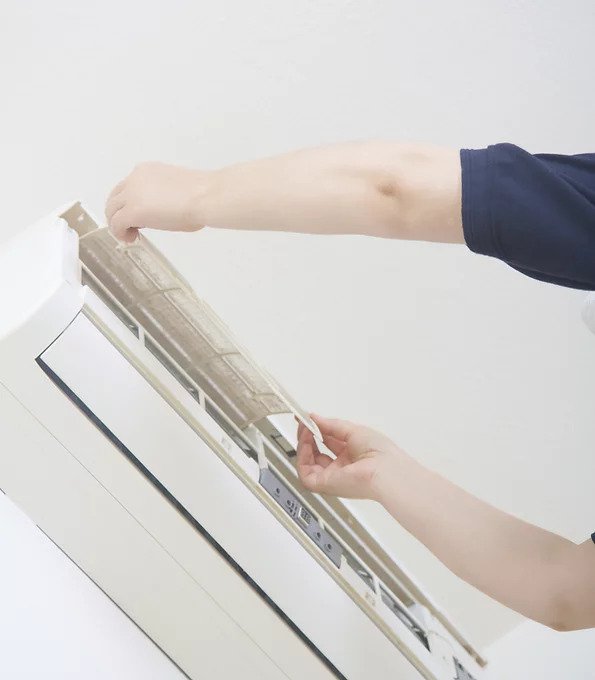Air Conditioning Installation Livonia
What is Emergency Heat?
Simply put, Heat Pumps located in northern climates (below35 degrees) will require supplemental heating. It's usually an indoor unit that is heated by electric resistance heating. It could be an all-electric Heat Pump or a hot water back-up system. Supplemental heat can also be called second-stage heating or back-up heating. The Heat Pump is the only stage. When you can use your emergency heat (second stage) without your heat pump (1st-stage heat), it is called emergency heat. While different thermostats have different ways to determine when the second stage heat will come on to help the heat pump (or vice versa), it happens automatically. These two stages will work together in colder months and you don't need to change your thermostat to Emergency Heat. Now we understand that Emergency Heat is simply when you use your supplemental heating by itself.
Air Conditioning Installation Livonia
When should I use Emergency Heat?
It's only used in an emergency situation, as its name suggests. It is used when first-stage heating is not working properly (the Heat Pump). It is used when your Heat Pump is not heating properly. If you notice that your house is cold, and the heat pump isn’t heating properly, and you go outside to see that a tree has fallen on your heat pump, then it might be time to switch over to Emergency Heat. The Heat Pump became a blocky block of ice because it was malfunctioning as shown in the image below. The Heat Pump is now incapable of producing heat. You can simply set the thermostat to Emergency Heat and contact service. In winter, it is a good idea to regularly inspect your outdoor heat pumps. Look out for signs of excessive ice and snow build-up around your heat pump. The heat pump had to be replaced because the unit shown in this photo actually froze so severely. This problem could have been caught earlier and repaired instead of replacing the heat pump.
What does Emergency Heat do?
The red indicator will light up when Emergency Heat is turned on. The red indicator light will continue to turn on until the Emergency Heat is turned off. This only lets you know that you're in emergency mode. No signal will be sent out to the outdoor Heat Pump when you call for heat. Only the indoor unit, as well as the backup heat, will be able to run. All-electric systems will only provide enough heat to keep you going for as long as the Heat Pump can't be repaired. You should have plenty of heat from your gas/oil/hot water system.
Emergency Heat Is More Expensive to Run?
If your heat pump is all-electric, the answer is a clear YES. You will pay more to heat your heat pump with Emergency Heat. This should not be used, as it is expensive. The answer to this question is not so clear if you have Oil or Gas heat for your backup system. It all depends upon the cost of your fuel and how efficient your heating system is compared to your electric rates. However, it is likely that your price increase will be less than for an all-electric heating system.
Why is the Emergency Heat on?
As mentioned earlier, the Emergency Heat indicator will light up if your thermostat has been set to Emergency Heat. However, if the emergency heat light is not on and your thermostat isn't set to Emergency Heat, then it usually means that your heat pump is having problems. See: Thermostat red lights flashing, or staying on for more information. Hannabery HVAC assumes no liability for the information provided on its website. While we hope you find this information helpful, please be aware that not all situations can be covered. It is important to have your HVAC system inspected by a qualified technician.
What does HVAC stand for?
The acronym stands for Heating and Ventilation, as well as Air Conditioning. You might also hear it called HVAC-R. The letter "R" stands to represent refrigeration.
How long does A/C and heating units last on average?
HVAC systems can last for a very long time if they are regularly maintained. They can last anywhere from 12 to 20 years. Although it is rare, some units I have worked on are nearing 30 years of age. Find out what you need to know before replacing an AC conditioner or heater.